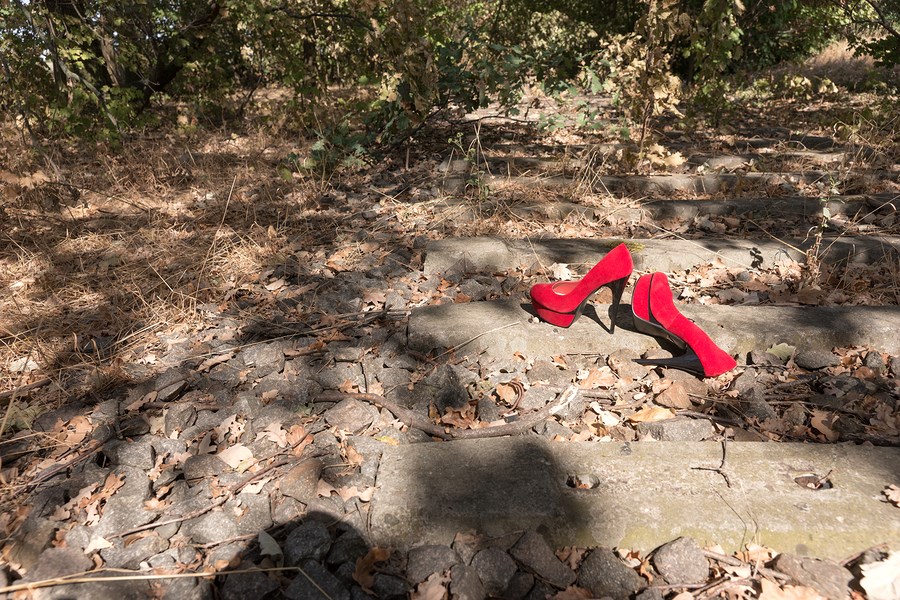The walls of Elder Margaret Head-Steppan’s office inside the Flin Flon Aboriginal Friendship Centre are crammed full of posters. They have messages about respect and First Nations teachings on them. It makes the office feel less like a small room, and more like a personal journey.
The posters covering the walls might not have a new companion with the June 3 release of the final report from the Missing and Murdered Indigenous Women and Girls (MMIWG) Inquiry.
The 1,500-page report dug deep into the causes behind the disproportionate amount of Indigenous women and girls who go missing, and gave 231 “calls to justice” to address those causes.
Head-Steppan was measured when talking about the final report. She called on the government to strongly support the findings, and go beyond just paying lip service to the report’s recommendations.
“The number one thing is that the government has to commit and be responsible for the dollars or the funding that they promise through the calls for justice,” she said. “In order for things to change for missing and murdered in Indigenous women and girls, the families need to be supported that long term.”
Steppan said she is concerned that northern communities like Flin Flon, and those outside of big city centres will be lost in the shuffle.
“We’re kind of like the forgotten people in the North,” she said. “Unless we raise an issue to the point where it’s taken to Parliament, then nothing really gets heard or changed. We have to have strong people in leadership roles to bring forth those issues in Parliament.”
Indigenous governments should be granted more control over their own affairs and resources, she added.
“We’re not allowing our voices to be silenced anymore,” she said. “We’re speaking out, and we continue to speak out. And the more people get involved, the more especially our youth get involved, the stronger the voice will get.”
Many people were shocked that the final report used the word “genocide” to describe the Canadian government’s actions. That term wasn’t controversial to Steppan.
“We’ve known it as a genocide right from the beginning,” she said. “We didn’t need Prime Minister Trudeau or anyone else to say there’s a genocide. If you look at it, right from the time of contact, you go back into history, you can see that it was a genocide. It may not have been as big of genocide as other genocides that happened to other peoples, but it’s still a genocide.”
Steppan wouldn’t say whether she’s optimistic or pessimistic about the future.
“The only way that’s going to change is if the government makes that decision,” she said.
“Whether it’s Prime Minister Trudeau that’s in that position, or other leadership that’s in the government position, they need to make that commitment to take the responsibility. Then those changes will happen.”




